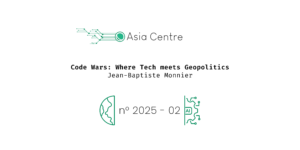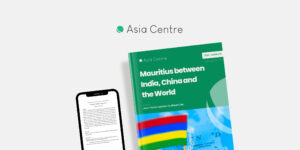Joseph Franco, Research fellow, Centre of Excellence for National Security, S. Rajaratnam School of International Studies (RSIS), Nanyang Technological University, Singapore.
Note d’actualité n°9/16 de l’Observatoire de l’Asie du Sud-Est, cycle 2018-2019, Juin 2018
States bordering the Sulu Sea have found a new impetus to conduct cooperative security mechanisms to combat violent extremist groups in the southern Philippines. The emergence of Islamic State-linked groups highlighted the shared vulnerabilities of Indonesia, Malaysia, and the Philippines. Joint training exercises and intelligence exchanges have focused on early detection and swift response to potential terrorist plots. Nevertheless, while all these initiatives appear novel, it is part of decades-long military-to-military links. Likewise, the transnational threat posed by non-state armed groups in the proximity of the Sulu Sea can be traced back to the long history of colonial-era piracy and slave trading.
Introduction
Something New: Recent Initiatives
Something Old: Military Cooperation Among Maritime Southeast Asian States
Something Older: Pre-colonial Roots of Sulu Sea Insecurity
Old Meets New? Considering Non-Ideological Approaches to the Sulu Sea
Conclusion




